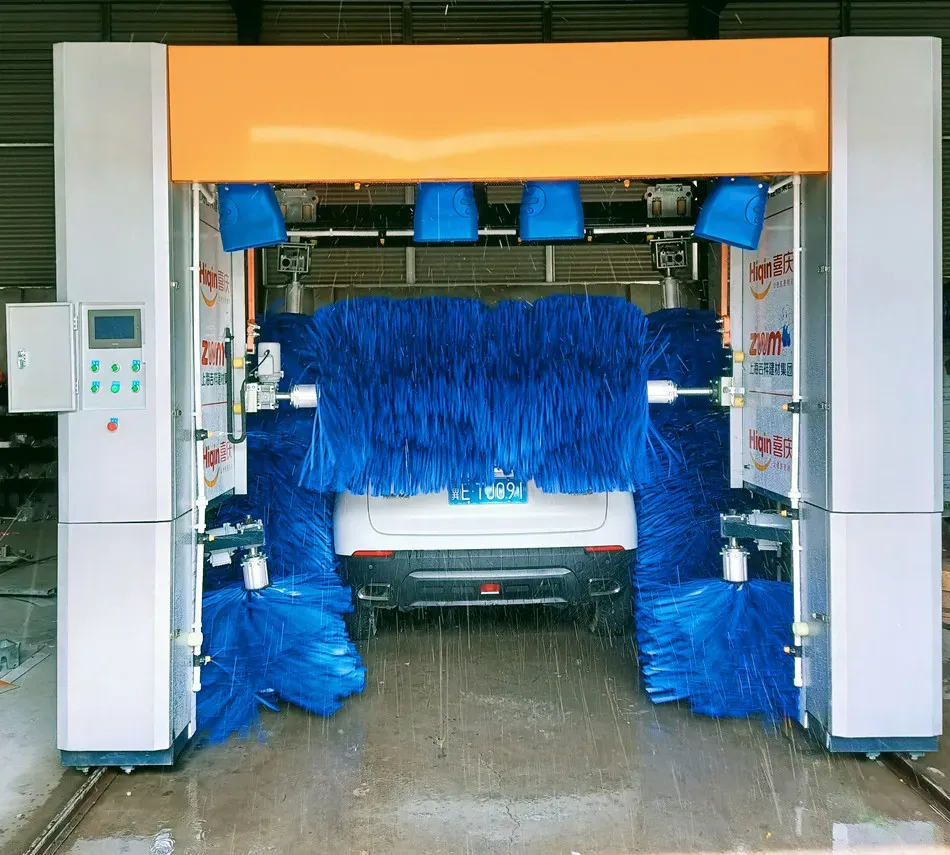
- Afrikaans
- Albanian
- Amharic
- Arabic
- Armenian
- Azerbaijani
- Basque
- Belarusian
- Bengali
- Bosnian
- Bulgarian
- Catalan
- Cebuano
- Corsican
- Croatian
- Czech
- Danish
- Dutch
- English
- Esperanto
- Estonian
- Finnish
- French
- Frisian
- Galician
- Georgian
- German
- Greek
- Gujarati
- Haitian Creole
- hausa
- hawaiian
- Hebrew
- Hindi
- Miao
- Hungarian
- Icelandic
- igbo
- Indonesian
- irish
- Italian
- Japanese
- Javanese
- Kannada
- kazakh
- Khmer
- Rwandese
- Korean
- Kurdish
- Kyrgyz
- Lao
- Latin
- Latvian
- Lithuanian
- Luxembourgish
- Macedonian
- Malgashi
- Malay
- Malayalam
- Maltese
- Maori
- Marathi
- Mongolian
- Myanmar
- Nepali
- Norwegian
- Norwegian
- Occitan
- Pashto
- Persian
- Polish
- Portuguese
- Punjabi
- Romanian
- Russian
- Samoan
- Scottish Gaelic
- Serbian
- Sesotho
- Shona
- Sindhi
- Sinhala
- Slovak
- Slovenian
- Somali
- Spanish
- Sundanese
- Swahili
- Swedish
- Tagalog
- Tajik
- Tamil
- Tatar
- Telugu
- Thai
- Turkish
- Turkmen
- Ukrainian
- Urdu
- Uighur
- Uzbek
- Vietnamese
- Welsh
- Bantu
- Yiddish
- Yoruba
car washer water
The Importance of Water in Car Washing A Detailed Look into Car Washer Water Management
Car washing is a vital aspect of vehicle maintenance that goes beyond mere aesthetics. It serves to preserve the integrity of the vehicle, extending its lifespan and enhancing its resale value. However, one crucial element in this process often overlooked is water — particularly, its management and conservation in car washing facilities. This article explores the significance of water in car washing, the importance of effective water management, and innovative recycling solutions in the industry.
The Role of Water in Car Washing
Water is the lifeblood of any car washing operation. It is indispensable for removing dirt, grime, and other contaminants from various surfaces of a vehicle. At its core, car washing involves a combination of water, detergent, and mechanical action to achieve a clean and polished finish. Whether using a manual wash or an automated car wash system, water facilitates the emulsification of dirt, allowing it to be effectively rinsed away.
The Need for Efficient Water Management
With increasing awareness of environmental issues and water scarcity in many regions, the importance of water management in car washing cannot be overstated. Traditional car washing methods often consume excessive amounts of water, sometimes using up to 150 gallons for a single wash. In contrast, modern car washing technology aims to reduce water consumption while maintaining cleanliness and vehicle care.
Effective water management goes beyond mere conservation; it involves the implementation of systems that allow for the sustainable use of this precious resource. Many car wash facilities are now adopting innovative techniques to recycle and reuse water, thereby reducing their environmental footprint.
Recycling and Water Treatment Systems
One of the most effective methods of managing water in car washing operations is through the installation of recycling and water treatment systems. These systems capture water used during rinsing or washing, filter out contaminants, and then reuse the cleaned water for subsequent washes. This method can reduce overall water usage by up to 80%, making it a win-win for both the business owner and the environment.
car washer water

Water treatment processes typically involve several stages, including filtration, sedimentation, and disinfection. Through these processes, even water that appears dirty can be transformed into reusable quality, significantly diminishing pollution and waste.
In addition to recycling systems, many car washes are turning to water-efficient technologies such as low-water wash systems and no-touch washing. These methods utilize high-pressure jets and advanced cleaning solutions that require less water to achieve superior results.
The Economic and Environmental Benefits
The benefits of water management in car washing extend beyond environmental concerns. By reducing water consumption, car wash businesses can significantly lower their operating costs and improve their profit margins. Furthermore, customers are increasingly conscious of environmental practices; businesses that demonstrate responsible water use can attract a broader clientele.
Moreover, as the public becomes more aware of the need for sustainable practices, car washes that implement eco-friendly practices can set themselves apart from competitors. Promoting water-efficient systems can enhance a company's image, creating a positive perception among environmentally minded consumers.
Conclusion
In conclusion, water plays an indispensable role in car washing, and managing this resource effectively is critical for the industry's future. As concerns around water scarcity and environmental sustainability grow, innovative recycling solutions and efficient water use practices will not only benefit car wash facilities economically but also play a significant part in preserving our planet's most precious resources.
By embracing sustainable water management, the car washing industry can remain viable in an environmentally-conscious world, ensuring vehicles are clean while protecting our water supply for future generations. As technology continues to advance, there is a promising outlook for the development of more efficient, water-saving techniques that align with the values of today’s consumers. Ultimately, the future of car washing will likely be defined by how well the industry adapts to these pressing challenges while maintaining the standards of cleanliness and care that customers expect.
-
Integrating Aqua Tunnel Car Wash in Shopping CentersNewsJun.24,2025
-
Gas Station with an Auto Car Wash MachineNewsJun.24,2025
-
Efficiency in Your Aqua Tunnel Car Wash: Power & Water-SavingNewsJun.24,2025
-
Car Wash Business with Advanced Auto Car Cleaning MachinesNewsJun.24,2025
-
Balancing Setup Costs with Aqua Tunnel Car WashNewsJun.24,2025
-
Aqua Tunnel Car Wash: Eco-Design for the Energy-Savvy EntrepreneurNewsJun.24,2025



